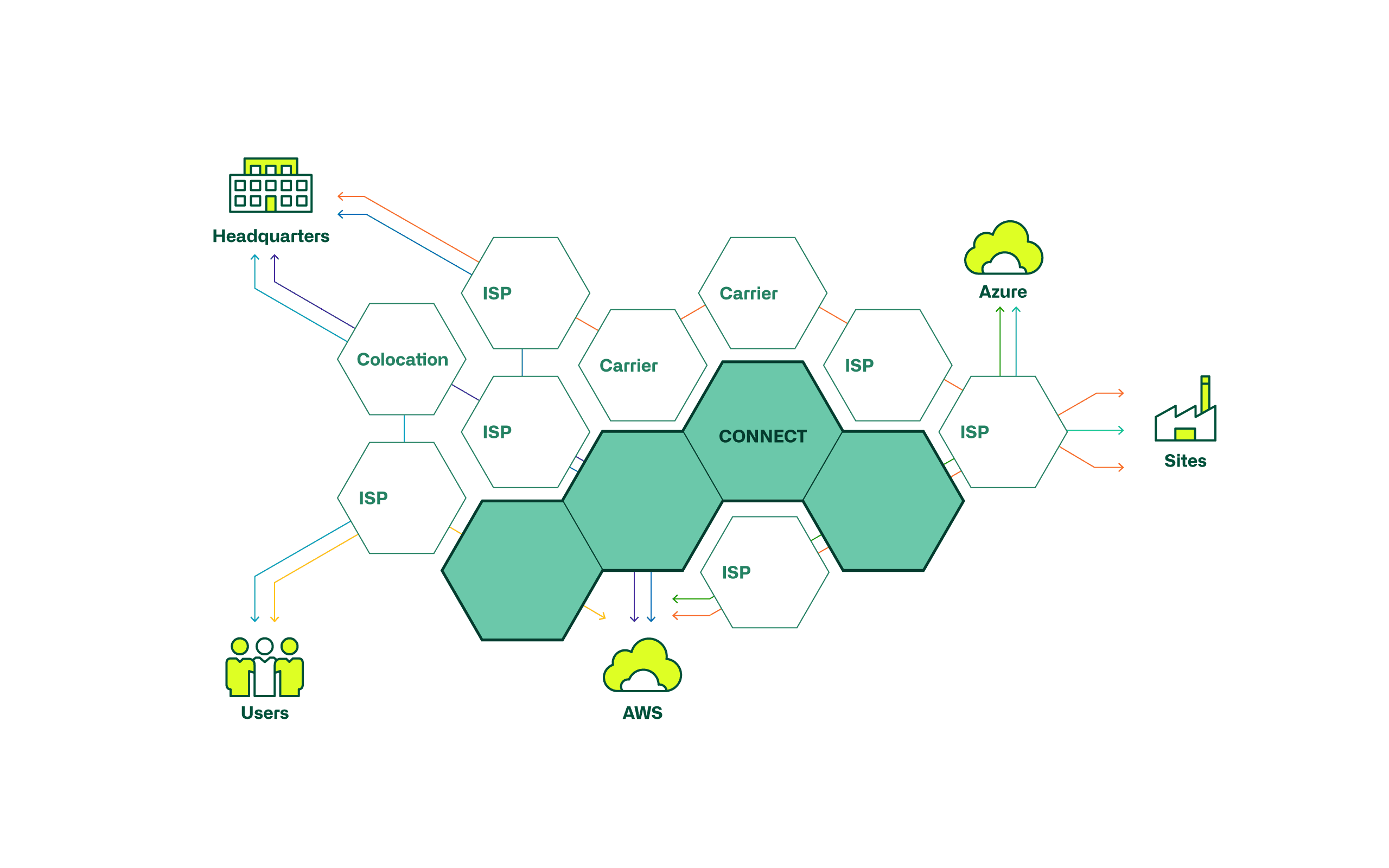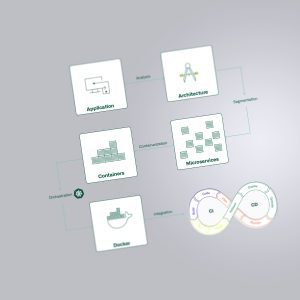Blog
The future of networks
SCION as a pioneer for safety and efficiency
The digital era has increased the importance of networks in our daily communication and interaction. In an effort to meet the increasing demands for security, reliability and efficiency, the SCION network protocol is emerging as a promising solution in the field of wide area communication (Internet). In this blog post, we will take a closer look at SCION and understand how it challenges the existing paradigms.
Background: What is SCION?
SCION, which stands for "Scalability, Control, and Isolation On Next-Generation Networks", is an advanced network protocol that aims to overcome the shortcomings of traditional Internet architectures. Developed by researchers at the Swiss Federal Institute of Technology in Zurich (ETH Zurich), SCION offers an innovative solution to challenges such as security, scalability and efficiency.
The functionality of SCION is based on a network of trusted participants and is organized via existing autonomous systems (AS) in independent routing levels, so-called isolation domains (ISD). Each AS requires a corresponding certificate in order to be integrated into an ISD. SCION offers inherent security, as access to a communication network is always explicitly regulated and policies are enforced. SCION traffic is routed along predefined paths, giving users effective control over the path of their data. The multi-path approach ensures that this is reliable even if one path fails, without compromising the path specifications.

Safety as the top priority
An outstanding feature of SCION is its intensive focus on security. In the traditional Internet, threats such as DDoS attacks and routing manipulation are omnipresent. SCION counters these threats by strictly separating the control and data transmission layers. This concept isolates attacks on the control layer, which significantly strengthens the overall resilience of the network.
Trusted paths and improved scalability
SCION introduces the concept of "trusted paths", which are based on predefined routes. Unlike the traditional Internet, where packets often travel unpredictable paths through the network, trusted paths allow precise control over data traffic. This not only improves security, but also the efficiency and scalability of the network, as bottlenecks are avoided and latencies are reduced.
Decentralization of control: a paradigm shift
Another revolutionary aspect of SCION is the decentralization of network control. In the traditional Internet, control over routing and security is centralized by Internet Service Providers (ISPs) and routers. SCION, on the other hand, enables autonomous control at network level, which allows greater flexibility and adaptability. This decentralization not only promises better resistance to attacks, but also promotes innovation in network design.
Outlook for the future
With the ever-growing threat of cyberattacks and the increasing complexity of our digital world, the development of network solutions such as SCION is crucial. The combination of security, scalability and decentralization positions SCION as a promising candidate for the network architecture of the future. While the widespread implementation of SCION is still in its infancy, the first solutions such as the Secure Swiss Finance Network (SSFN) initiated by the Swiss National Bank (SNB) and SIX indicate that we could be witnessing a paradigm shift in the world of networks.




